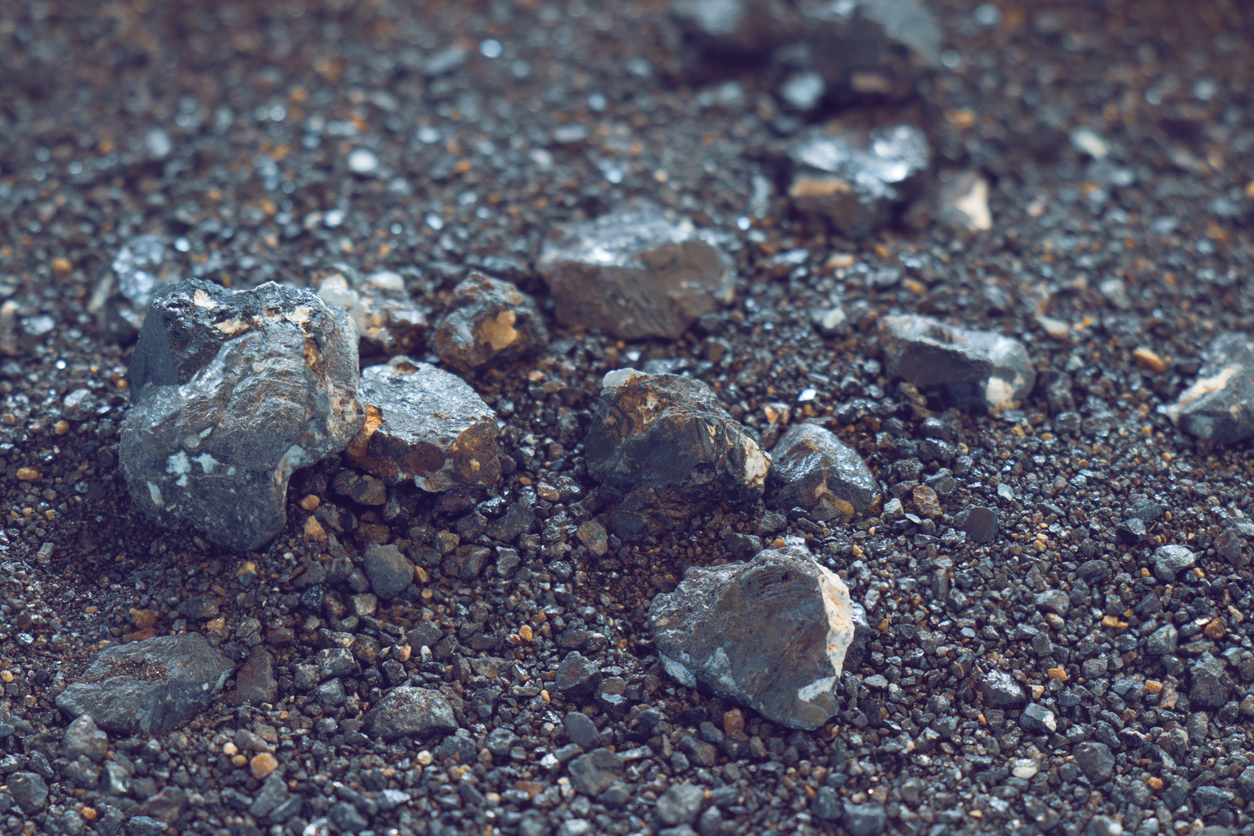How to Buy and Export Other Ores from Kenya: The Ultimate Guide
How to Buy and Export Other Ores from Kenya: The Ultimate Guide
If you’ve spent any time exploring opportunities in the Kenyan mining sector, you’ve probably noticed that they are almost exclusively focused on gold. This is because other minerals like copper, zinc, nickel and iron ore are commonly referred to as “other ores”. Luckily for miners who prefer other ores over gold, Kenya is home to some of the richest deposits of these minerals in the world. There are also a number of smaller mines that focus on extracting these minerals on top of their operations that mine gold. This article will answer all your questions about how to buy and export other ores from Kenya. Each section covers a different topic, so feel free to jump to the section that interests you if you already know everything about buying and exporting gold from Kenya.
How Are Other Ores Mined in Kenya?
The process of extracting other ores is very similar to the process of extracting gold. The first step is to identify a mineral deposit. A company will then conduct drilling to identify the quantity and grade of the minerals that are present. They will also look at the feasibility of extracting the minerals. After the company finishes its feasibility study, it will apply for a mining license. The government of Kenya has a detailed process that companies must follow in order to be issued a license. This includes environmental impact assessments, seismic surveys and economic impact studies. The second step is mining. The mining company will use heavy machinery like excavators and bulldozers to dig out the ore-bearing rock. They will then process it in order to extract the minerals. This is called beneficiation. The final step is transporting the ore to a port so that it can be exported.
What is an Ore?
Although many people associate the word “ore” with gold, it has a very specific technical meaning. An ore is a type of rock that contains a high concentration of valuable minerals. These minerals can be gold, silver, copper, iron, zinc, nickel or a number of other valuable minerals. Ore deposits are found in large quantities, and they are relatively easy to extract. Ore deposits are found in a range of different types of rocks. Depending on the specific type of rock, extraction methods may vary. For example, copper ores are commonly found in copper-bearing minerals like copper sulfides and copper carbonates.
Why Buy and Export Other Ores?
Other ores like copper, nickel and zinc are in high demand. This is especially true in developing countries like Kenya where industrial development is rising at an extremely rapid pace. In fact, copper is frequently referred to as the “electricity of all humanity” because it plays a crucial role in powering the world’s electrical grid. Other ores are also highly profitable. The price of gold has been quite volatile in recent years, rising from $300 per ounce in 2001 to $1,900 in 2011 before falling back down to $1,200. Meanwhile, the price of copper has increased steadily since 2001. Prices for other ores tend to be much less volatile than the price of gold.
How to Find a Reputable Company to Export Your Ore From Kenya
The first thing you should do when looking for a company to buy and export your ore from Kenya is to do some research. There are a number of directories that list companies that specialize in exporting ores. These directories are a good place to start your search, but they don’t always have up-to-date information. After finding a few companies that are exporting ores from Kenya, you should contact them to ask a few questions. You should ask how long they have been in business, how they process and store their ores, and how they plan to export the ores from Kenya. You should also ask for references from previous clients. Next, you should conduct a due diligence investigation on the company. This will help you determine how trustworthy the company is and whether or not you want to do business with them.
Legal Requirements for Exporting Ore from Kenya
Before you can export ores from Kenya, you must obtain an export license. You can apply for an export license at the Kenya Bureau of Standards and Industrial Research (KEBSIR). You should apply for your license as soon as possible because they are processed in sequential order. The other thing you need to do before you can export ores from Kenya is to have them inspected. You can have your ores inspected at the Kenyan Department of Mines. They will test them and issue a certificate of quality. After you have the license and the certificate of quality, you can export your ores. You can take them to the Kenyan port and load them onto a ship, or you can hire a logistics company to arrange a trucking or rail transport for your ores.
Where to Find More Information About Exporting Ore
The Kenyan government maintains a website that provides a lot of information about exporting ores from Kenya. You can find it at www.kenya.gov. You can also find a lot of useful information by reading trade journals like the African Journal of Mining and Extractive Industries, the Journal of African Mining and the Mining Journal. You can also communicate with other people who are interested in exporting ores from Kenya. There are a number of communities that you can join, including the Kenya Mining Forum, the Kenyan Mining Forum and the Mining Explorers Community.








LEAVE A COMMENT
You must be logged in to post a comment.